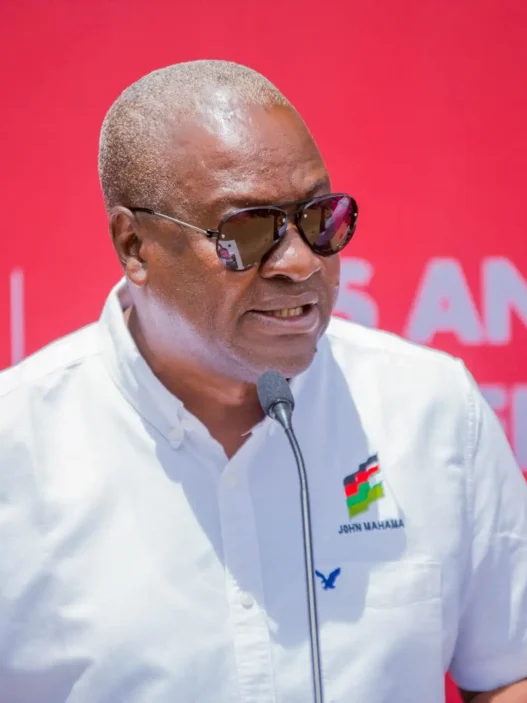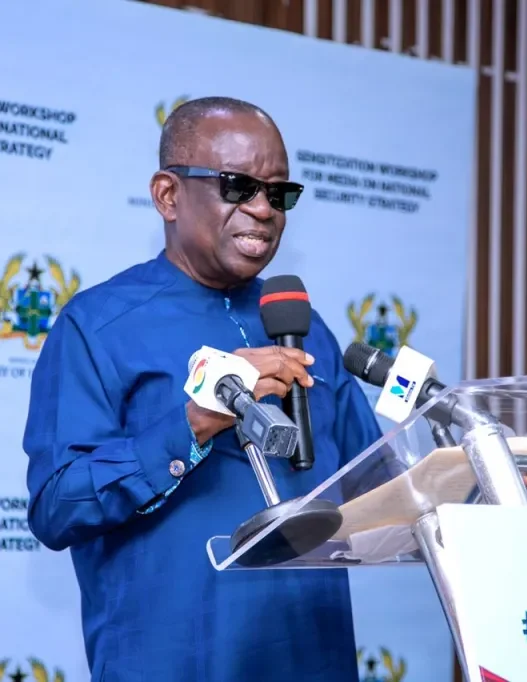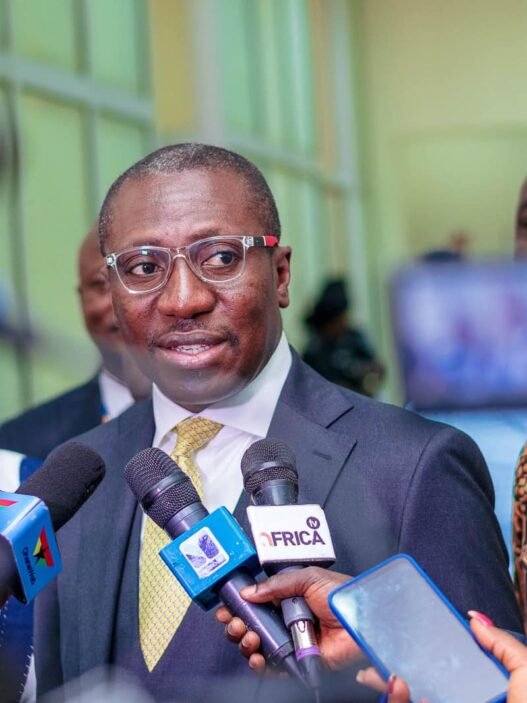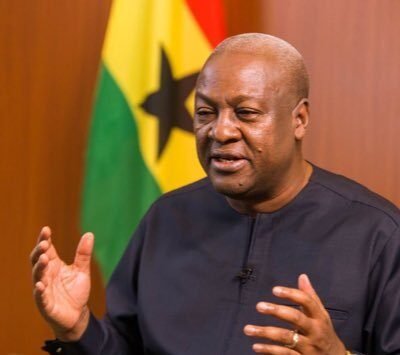The announcement by Ivory Coast President Alassane Ouattara to terminate the French military presence in his country marks a significant turning point in Franco-African relations. This decision aligns with a growing trend across West Africa, where nations are reevaluating their ties with their former colonial power and asserting greater sovereignty. As of January 2025, French troops are expected to leave Ivory Coast, signaling the end of a decades-long military partnership.
This decision is emblematic of a broader wave of decolonization and sovereignty movements in Africa, driven by dissatisfaction with the perceived ineffectiveness of French-led counterterrorism operations and a desire for greater self-determination.
Historical Context: Franco-African Military Partnerships
Since the colonial era, France has maintained strong military ties with its former African colonies, often positioning itself as a security guarantor. French military bases in Africa, including in countries like Mali, Burkina Faso, Niger, and Ivory Coast, were key components of France’s global influence and counterterrorism strategy.
In Ivory Coast, the French military presence was formalized under defense agreements following the country’s independence in 1960. As recently as 2024, approximately 600 French troops were stationed in the country, primarily engaged in regional counterterrorism efforts under Operation Barkhane. However, as insurgencies persisted and security worsened in the Sahel region, criticism of these efforts grew.

Ivory Coast’s Decision: A Regional Reflection
The move to terminate the French military presence is part of a larger regional trend, with several West African nations taking similar actions.
- Mali, Burkina Faso, and Niger
These countries have demanded the departure of French troops, citing the failure of counterterrorism operations to quell Islamist insurgencies. Mali, in particular, expelled French forces in 2022 and pivoted toward partnerships with Russian private military contractors, such as the Wagner Group. - Senegal and Chad
Senegal, traditionally one of France’s closest allies in the region, has expressed skepticism about French military engagement. Chad has also started questioning its reliance on France, signaling a broader regional reassessment of these relationships.
This movement underscores the frustration of African nations with what many perceive as a neo-colonial model that prioritizes French interests over African sovereignty.
Implications of the Withdrawal
1. Strategic Recalibration for France
France’s diminishing military role in Africa poses significant challenges to its global strategy. Once the cornerstone of its influence in West Africa, the withdrawal of troops from Ivory Coast and other nations necessitates a reevaluation of France’s diplomatic and security policies.
French President Emmanuel Macron has emphasized a desire to redefine relations with Africa on the basis of partnership rather than dependency. However, the withdrawal underscores the difficulty of achieving this in the face of growing African nationalism.
2. Security Gaps and New Alliances
The departure of French troops may exacerbate security challenges in West Africa. Groups like Al-Qaeda in the Islamic Maghreb (AQIM) and the Islamic State in the Greater Sahara (ISGS) continue to destabilize the region.
Some nations have sought alternative security arrangements, such as Mali’s engagement with the Wagner Group. However, these partnerships remain controversial and untested in their ability to provide sustainable security solutions.
3. Symbolism of Sovereignty
For Ivory Coast, the withdrawal represents a powerful assertion of sovereignty and independence. However, symbolism alone will not address the underlying challenges. The country must now strengthen its national security apparatus and explore regional collaborations to ensure stability.
Challenges Ahead
1. Strengthening National Security
Ivory Coast’s military forces will need significant investment and capacity-building to fill the void left by the French. This includes modernizing equipment, enhancing intelligence capabilities, and improving border security.
2. Regional Cooperation
With France’s diminished role, regional frameworks like the Economic Community of West African States (ECOWAS) must take the lead in addressing shared security threats. Initiatives such as joint military operations and intelligence sharing will be critical.
3. Economic and Political Stability
As Ivory Coast repositions itself, it must balance its security needs with broader economic development goals. Diversifying partnerships, including with China, Russia, and the United States, could provide new opportunities, but these relationships come with their own challenges.
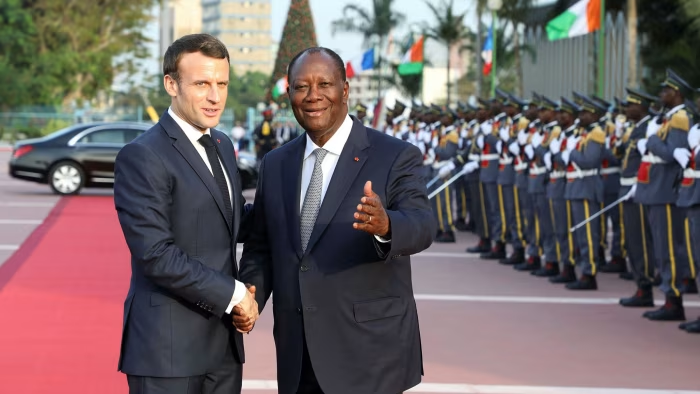
Broader Implications for Africa
The French military pullout from Ivory Coast reflects a broader shift in Franco-African relations. African nations are increasingly demanding a relationship based on mutual respect and partnership, moving away from the patron-client dynamics that have long defined these interactions.
This transition is not without risks. The absence of established security frameworks could lead to greater instability in regions already grappling with insurgencies. Success will depend on the ability of African nations to build robust institutions, foster regional cooperation, and establish new international partnerships that prioritize African interests.
Conclusion
Ivory Coast’s decision to end French military presence is a bold step toward reclaiming sovereignty and reimagining its role in the global landscape. It symbolizes a turning point not only for the country but for Franco-African relations as a whole.
However, the challenges of security, regional stability, and economic development remain daunting. The coming years will test whether African nations can translate these symbolic victories into tangible progress, redefining their relationships with former colonial powers while ensuring peace and prosperity for their citizens.















